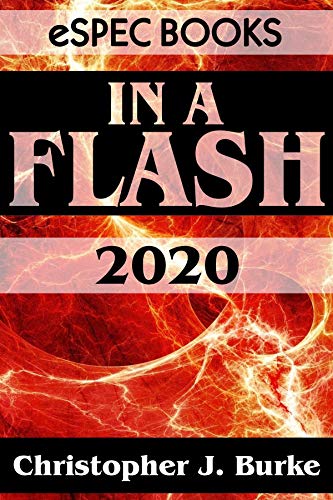Now that I'm caught up with the current New York State Regents exams, I'm revisiting some older ones.
More Regents problems.
Geometry Regents, August 2010
Part I: Each correct answer will receive 2 credits.
6. If △ABC ∼ △ZXY, m∠A = 50, and m∠C = 30, what is m∠X?
1) 30
2) 50
3) 80
4) 100
Answer: 4) 100
∠A ≅ ∠Z, ∠B ≅ ∠X and ∠C ≅ ∠Y.
If m∠A = 50 and m∠C = 30, then m∠B = 180 - (50 + 30) = 100
So m∠X = 100.
7. In the diagram below of △AGE and △OLD, ∠GAE ≅ ∠LOD, and AE ≅ OD.
To prove that △AGE and △OLD are congruent by SAS, what other
information is needed?
1) GE ≅ LD
2) AG ≅ OL
3) ∠AGE ≅ ∠OLD
4) ∠AEG ≅ ∠ODL
Answer: 2) AG ≅ OL
You are given a pair of congruent sides and a pair of congruent angles. You need the pair of sides that causes the angle to be included between the sides.
That is to say, you need to know that AG and OL are congruent. This is Choice (2).
Choice (1) would give you SSA, which is not a postulate or theorem for congruency.
Choice (3) would give you AAS, instead of SAS.
Choice (4) would give you ASA, instead of SAS.
8. Point A is not contained in plane B. How many lines can be drawn
through point A that will be perpendicular to plane B?
1) one
2) two
3) zero
4) infinite
Answer: 1) one
There is only one line from a point to a plane that is pendicular to that plane.
9. The equation of a circle is x2 + (y − 7)2 = 16. What are the center
and radius of the circle?
1) center = (0,7); radius = 4
2) center = (0,7); radius = 16
3) center = (0,−7); radius = 4
4) center = (0,−7); radius = 16
Answer: 1) center = (0,7); radius = 4
The general formula for the equation of a circle is (x - h)2 + (y - k)2 = r2, where (h, k) is the center of the circle, and r is the radius.
This means that the center of the circle is (0,7). Eliminate Choices (3) and (4).
The radius is not 16, but &sqrt;(16) = 4. Eliminate Choices (2) and (4).
Choice (1) is the correct choice.
10. What is an equation of the line that passes through the point (7,3) and is parallel to the line 4x + 2y = 10?
1) y = 1/2 x - 1/2
2) y = -1/2 x + 13/2
3) y = 2x − 11
4) y = −2x + 17
Answer: 4) y = −2x + 17
Parallel lines have the same slope. The slope of 4x + 2y = 10 is -A/B, or -4/2 = -2.
The only possibility is Choice (4). Double check: y = -2(7) + 17 = -14 + 17 = 3. Check!
If you didn't remember -A/B to find the slope of a line in Standard Form, you could rewrite the equation:
4x + 2y = 10
2y = -4x + 10
y = -2x + 5
More to come. Comments and questions welcome.
More Regents problems.
I also write Fiction!You can now preorder Devilish And Divine, edited by John L. French and Danielle Ackley-McPhail, which contains (among many, many others) three stories by me, Christopher J. Burke about those above us and from down below. Preorder the softcover or ebook at Amazon. Also, check out In A Flash 2020, by Christopher J. Burke for 20 great flash fiction stories, perfectly sized for your train rides. Available in softcover or ebook at Amazon. If you enjoy it, please consider leaving a rating or review on Amazon or on Good Reads. |
 |
 |

















No comments:
Post a Comment